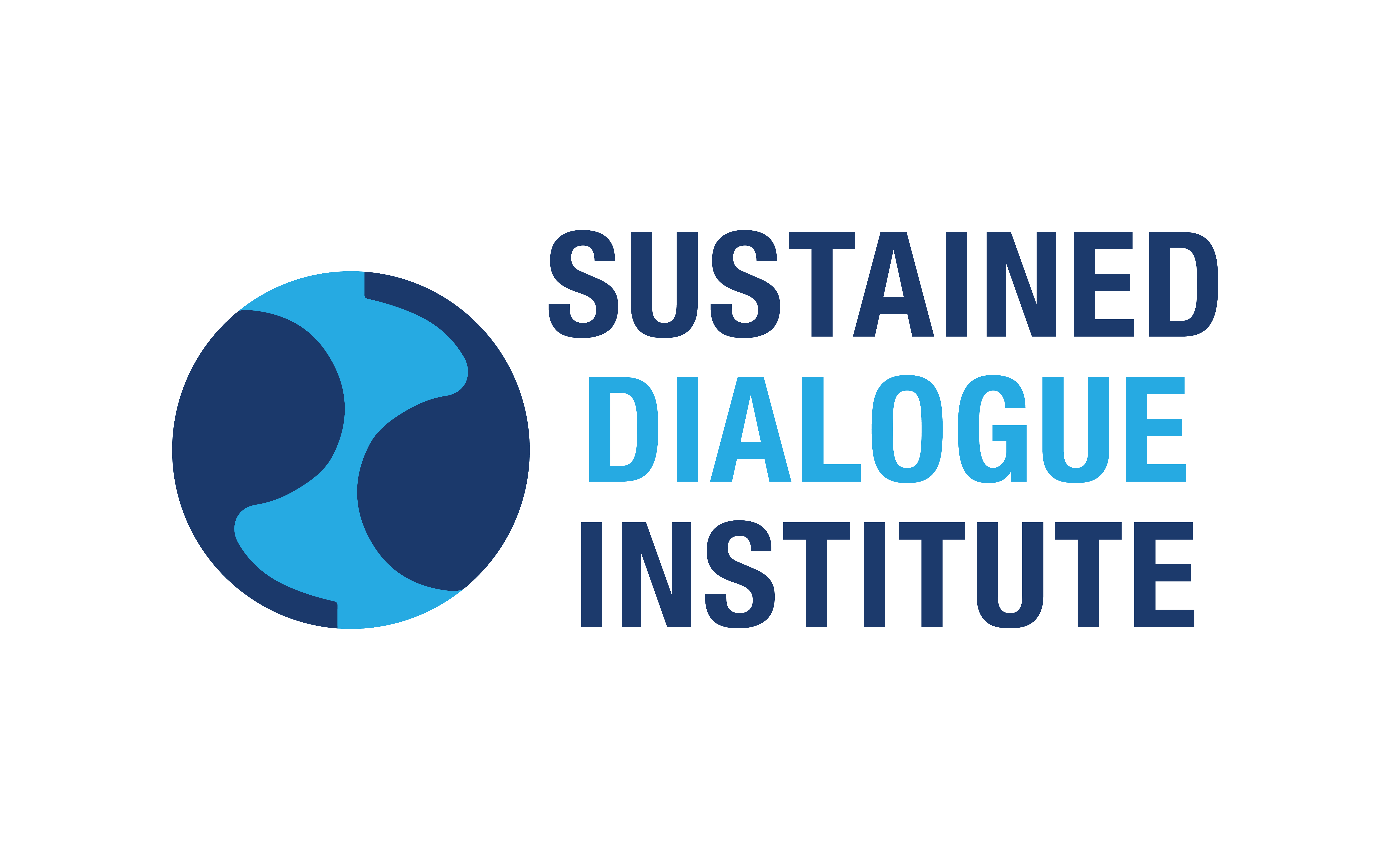For almost a year in 2014, a diverse group of stakeholders in the controversial education reform movement in Puerto Rico requested SDI associate Ramon Daubon’s help in organizing and moderating a slowly broadening dialogue separate from the contentious official policy process. The Corillo Group, also known as “Our Little Group,” grew its participants and established a foundational document on the essentials of public education that all involved parties can adopt as a foundation for more extensive conversations.
Daubon also collaborated with Foundation for Puerto Rico (FPR) and the multi-actor “Imagine Santurce,” a place-making initiative, to convene stakeholders in a variety of fields (e.g. education, transportation, unused properties, access to capital, the arts as convener) in order to reactivate the central business district of the city. Daubon oversaw a monthly gathering where groups shared news on activities that might lead to SD.
Daubon and a group of business students held a senior seminar on community development at Universidad Sagrado Corazón. Working alongside urban planning students from MIT, the University of Puerto Rico, and a local design firm, the seminar is experimenting with implementing design thinking strategies usually reserved for business or institutional settings in community environments. Parallel to SD’s practical evolution from national conflicts to communities to organizations to firms, the five-stage design thinking process (coincident with SD’s five stages) is attempting to evolve in the opposite direction, from the firm to the civic. The conceptual contribution of design thinking is to have the participants in a dialogue see themselves as designers of an economic future that they — and only they — have yet to invent. The art of design brings a unique touch to the continuous ebb and flow in the SD stages.
